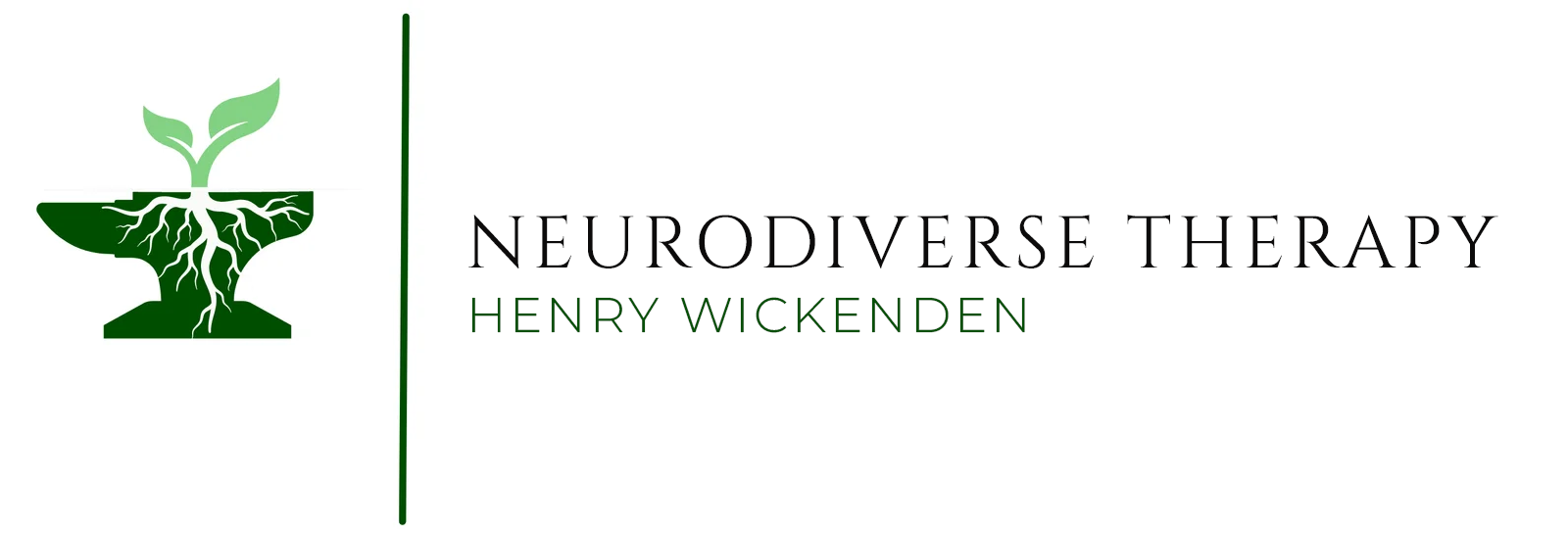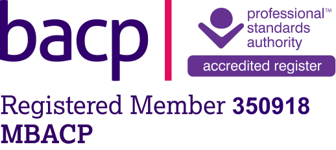Adults
If you’re exploring the possibility as an adult that you may be neurodiverse, it can be a painful and disruptive experience. The process of familiarising yourself with the nuances of neurodiversity, what traits may or may not apply to you whilst seeking assessment and support is one that is often bruising, alienating and confusing. It can be hard to reflect on your life so far through this new lens and wonder what might have been different or easier had you or someone else recognised the signs earlier.
It has been my professional experience that when neurodiversity may be a factor in someone’s life, that it is almost always worth exploring. That doesn’t necessarily mean pursuing a definitive diagnosis. The most common benefit my clients have fed back to me in our work is the ability to have a greater compassion for themselves that comes from a deeper understanding of who they are. This does not have to wait for the external confirmation that diagnosis provides, though that avenue is also one that’s often worth taking.
The most common response I get when I ask my clients who are officially diagnosed, “What has changed about how you treat yourself since your diagnosis?” is, “Nothing.” When clients have known about their neurodiversity for years, even since childhood, they may still rely on the same adaptations and patterns of behaviour they developed prior to their diagnosis.

